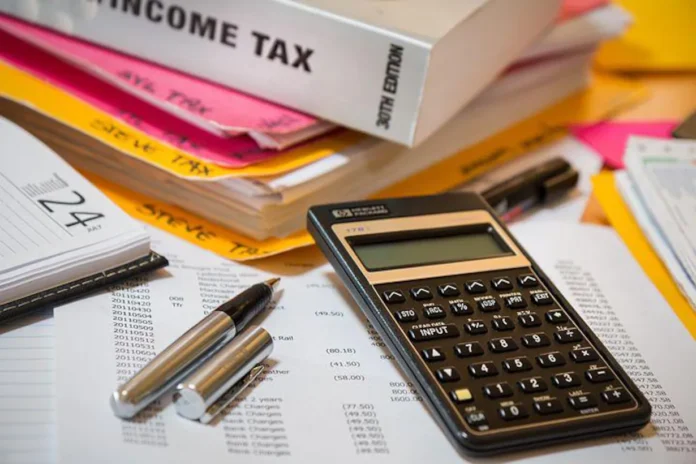Income Tax Saving Tips: From the current financial year, the new tax regime will be by default, if someone wants to go with the old tax regime then they will have to choose the option of the old tax regime.
Taxpayers have two options for filing Income Tax Return (ITR) in the country – Old Tax Regime and New Tax Regime. Taxpayers can choose either of the two options as per their convenience. Although the new tax regime will be by default from the current financial year, if someone wants to go with the old tax regime then they will have to choose the option of the old tax regime.
In such a situation, if you want to avail the benefit of income tax exemption by giving investment documents, then carefully choose the old tax regime during proof submission. Because the benefit of investment deduction is not available in the new tax regime.
Let us tell you, during Budget 2023, the Central Government had made a major change in the new tax regime and announced to make the amount up to Rs 7 lakh tax free. Along with this, standard deduction benefit of Rs 50 thousand is also available in both old and new income tax systems. In this situation, no tax is payable on income up to Rs 7.50 lakh in the new tax slab. But if the annual income is more than Rs 7.5 lakh by even one rupee, then income tax will have to be paid as per the new rates.
Let’s know about the new tax regime
According to the new tax regime, 0 percent income tax on annual income of Rs 0 to 3 lakh, 5 percent on income of Rs 3 to 6 lakh, 10 percent on income of Rs 6 to 9 lakh, 15 percent on income of Rs 10 to 12 lakh, 12 Tax will have to be paid at the rate of 20 percent on income below Rs 15 lakh and 30 percent on income above Rs 15 lakh.
Tax will be levied on salary exceeding even one rupee
Suppose someone’s salary is Rs 7.60 lakh per year. In the new tax regime, income up to Rs 7.5 lakh including standard deduction of Rs 50 thousand is tax free. But the annual income here is Rs 7.60 lakh, i.e. more than Rs 7.5 lakh.
According to the new tax regime, there will be no tax on income up to Rs 3 lakh. The remaining Rs 4 lakh 60 thousand will be covered by tax. Income of Rs 3 lakh to Rs 6 lakh will be taxed at the rate of 5 percent, which will amount to Rs 15,000. After this, after subtracting the standard deduction of Rs 50 thousand from the remaining Rs 1 lakh 60 thousand, Rs 1 lakh 10 thousand comes under the tax net, which will be added to the 10 percent tax slab. The income tax on this is Rs 11,000. In this way, the total income tax on income of Rs 7,60,000 is Rs 26,000. But here a different rule of the Income Tax Department applies. Tax will be levied on the amount of income of more than Rs 7 lakh and the tax levied on it, whichever is less.
According to this rule, income up to Rs 7.50 lakh including standard deduction is tax free, if the income is Rs 7.60 lakh, then only Rs 10 thousand of income is coming under the ambit of tax. Whereas the tax from simple new tax slab is Rs 26000. The rules of the Income Tax Department say that the minimum amount among these two will be payable as income tax. That means the amount of tax on income of Rs 7.60 lakh will be Rs 10 thousand.
This is mathematics…
- Suppose your annual income is Rs 7.60 lakh. A benefit of Rs 50 thousand is available as standard deduction. (7,60,000-50,000 = Rs 7,10,000).
- According to the rules, there is no provision of any tax on income of Rs 3 lakh. Therefore, out of seven lakh, three lakh will be tax free. (7,10,000- 3,00,000 = Rs 4,10,000).
- Now an amount of Rs 4 lakh 10 thousand will be taxable. But this amount will come under the ambit of two tax slabs. Five percent tax will be levied on Rs 3 lakh. (3,00,000%5= Rs 15,000).
- The remaining amount of Rs 1 lakh 10 thousand will come under the 10 percent tax slab. 1,10,000%10= Rs 11,000. In this way (15,000 + 11,000 = 26,000) the total income tax becomes Rs 26,000. But the amount of income is only 10 thousand rupees more than the income tax limit, in such a case only 10 thousand rupees income tax will have to be paid.


